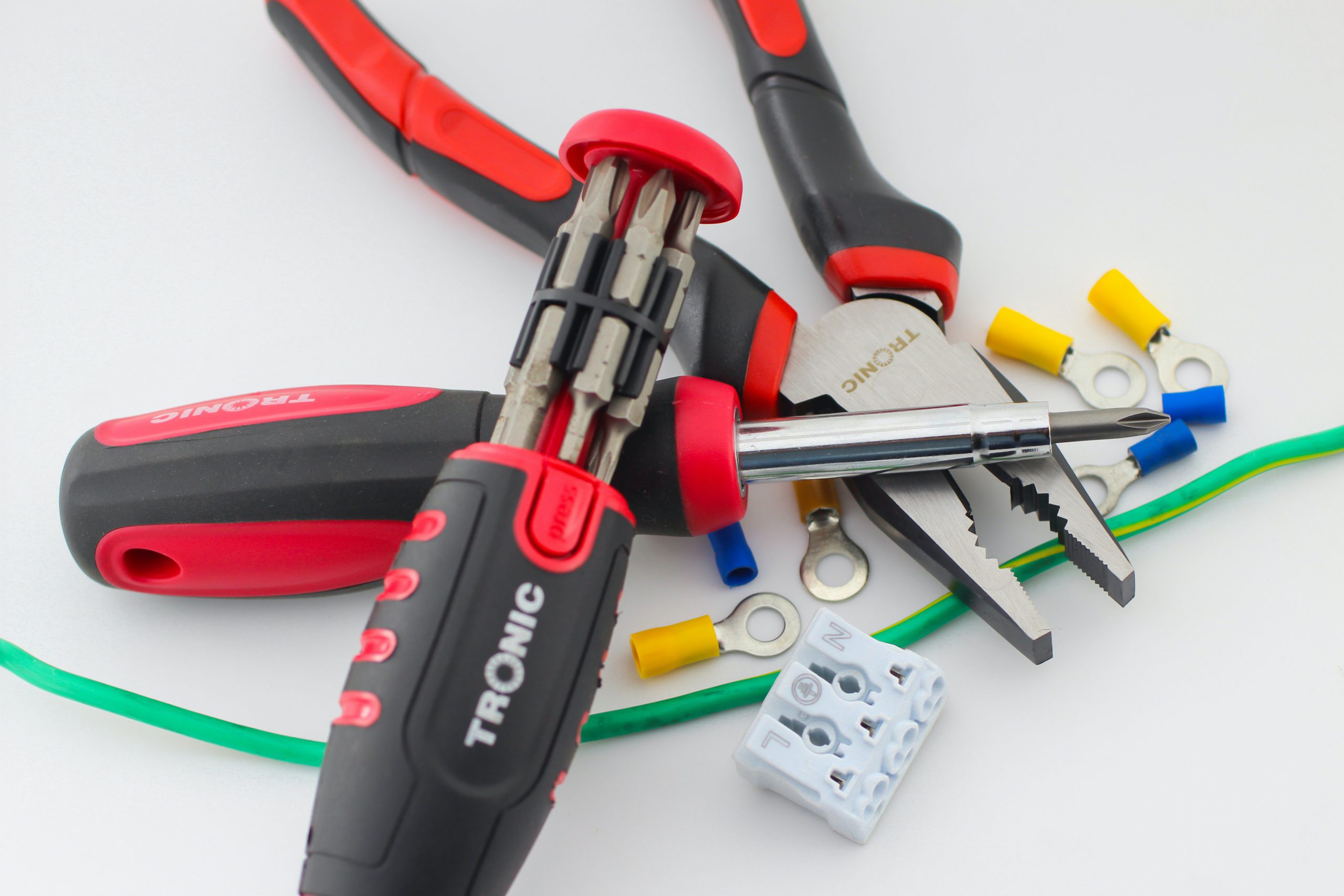Your office premises need electricity to supplement natural lighting and to power up equipment, and essential machinery. Now, any electrical installation and equipment should be maintained regularly lest they cause harm to you or anyone else operating them at the workplace. Remember, electricity can cause burns, electrocution, and shock if mishandled. This is why it is always good to exercise caution to protect your safety. Let’s delve into some practical safety precautions when dealing with electricity in a workplace.
Follow the Tagout Policy
The Tagout policy is designed to protect you from unexpected activation of electrical equipment during maintenance and servicing. You could prevent accidents in the office by strictly cutting the flow of current and properly tagging out when you are handling hazardous energy sources.
Be Careful When Using Cleaning Agents
Well, office cleanliness is part and parcel of routine work. That said, this should not be at the expense of your safety. As you use any solvent and water-based cleaning agents, it would be best to keep in mind that most of them can conduct electricity. This might lead to faults and even harm. In this case, ensure you keep any cleaning agents away from the outlets or electrical parts to avoid damage, shock, or electrocution.
Do Regular Safety Tests
Electrical testing helps you ascertain that your appliances and equipment are safe. However, the amount of electrical energy in test equipment can also be lethal if handled poorly. An alternative would be to outsource electrical testing services from a qualified professional near you. For instance, if you are in London, you could reach out to a PAT Testing London expert to help do the right tests to create an electrically safe workplace environment. Preventing is always better than cure plus you will be complying with health and safety regulations.
Steer Clear of Live Current
If you are unqualified or don’t know your way around electric and electrical appliances, it would be wise to stay away from a current greater than 50V. However, you might be forced to work in a room with potentially dangerous appliances. In this case, it would be wise to keep a safe distance and ensure there are no naked wires around your working area.
Beware of Electrical Lines When Working Overhead
You could easily get electrocuted by power lines when working overhead on a project. Since you will be a few meters above the ground, you risk fracturing or breaking some bones after the fall. It would be wise to stay 10 feet away from exposed live wires and use non-conductive side rails to climb up and down.
Educate All Employees about Handling Electrical Equipment Safely
It would be wise to educate your colleagues and members of staff on the importance of proper use of all electrical equipment. Ensure nobody overstretched electrical cords, fastens with staples or pulls on the cord to unplug any electrical appliance. Instead, they should always pull on the plug head and regularly inspect plugs and cords for defects. In case they come across defective appliances, advise them on the right channels to report it.
Wrapping Up
As we wrap up, it would be best to leave the task of handling electrical appliances to the experts. Thus, always hire an electrician to help fix or maintain your electrical systems. It is also good to train everyone on the dos and don’ts of handling electricity in a workplace.



![Read more about the article [Jobs Roundup] Land a role with India’s first proptech unicorn NoBroker with these openings](https://blog.digitalsevaa.com/wp-content/uploads/2021/12/Imagehnx2-1637771859626-300x150.jpg)






